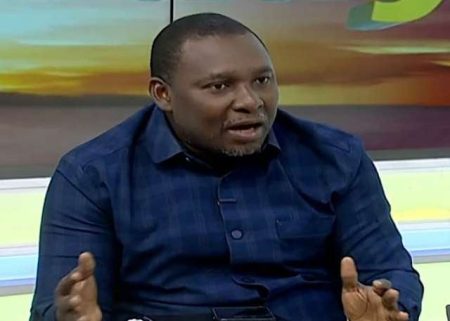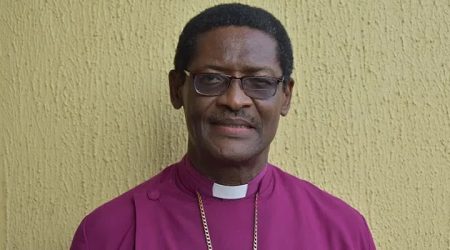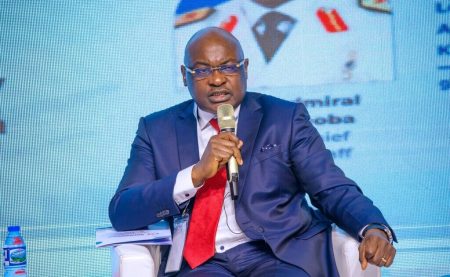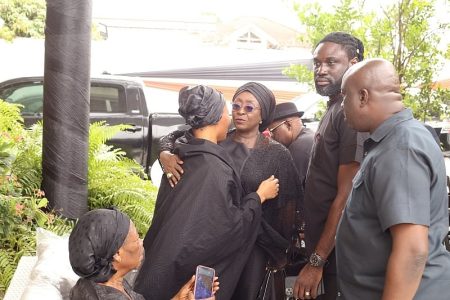Seriake Dickson, former governor of Bayelsa State, has launched a scathing critique of Nigeria’s political elite, accusing them of systematically dismantling the nation’s democratic foundations. Speaking at a workshop organized by the Nigerian Civil Society’s Alliance for Democratic Change, Dickson argued that the political class, through their actions, is not only weakening democratic institutions but also driving the country towards a deeper crisis, essentially committing “class suicide.” He emphasized the urgent need for civil society to intervene and safeguard Nigeria’s democracy from complete collapse.
Dickson’s central argument revolves around the erosion of democratic norms and the blatant disregard for constitutionalism by those in power. He paints a picture of a political landscape where the whims of the president or governor supersede established laws and procedures. This, he argues, is evident in the manipulation of elections, the abuse of federal institutions, and the suppression of dissenting voices. He laments the prevailing attitude amongst the political elite, who seem to operate with impunity, unconcerned about international perceptions of Nigeria’s democratic backsliding. This disregard for the rule of law, Dickson contends, is pushing the country towards a precipice.
The former governor’s criticism extends to the judiciary, which he describes as “helpless” in the face of political pressure. He alleges that court rulings are often predictable and influenced by the “body language” of those in power, rather than being based on legal principles. This erosion of judicial independence, according to Dickson, further undermines the checks and balances essential for a functioning democracy. He suggests that the judiciary has become a tool in the hands of the ruling elite, further consolidating their power and eroding the principles of fairness and justice.
Dickson’s accusations of electoral malpractice are particularly damning. He alleges that the political elite manipulate electoral processes, using security forces not to protect citizens but to intimidate and suppress them during elections. This includes controlling the Independent National Electoral Commission (INEC) and ensuring pre-determined election outcomes. Dickson portrays a scenario where the will of the people is routinely subverted, and elections become mere formalities to legitimize pre-ordained results. This, he argues, is a hallmark of a failing state and a clear indication of the decay within Nigeria’s democratic system.
Furthermore, Dickson highlights the growing disconnect between elected officials and the citizenry. He describes a political class that is isolated from the people they represent, living in opulent isolation and unresponsive to their constituents’ needs. He argues that many politicians feel no accountability to the electorate, knowing they can manipulate the system to secure their positions. This disconnect, he contends, further fuels public disillusionment and undermines the very essence of representative democracy. The lack of access to elected officials, coupled with their perceived indifference, creates a chasm between the rulers and the ruled, exacerbating the already fragile state of Nigerian democracy.
Dickson’s call to action is directed at civil society groups. He implores them to actively resist the erosion of democratic principles and hold the political class accountable. He argues that if the political elite continues down this path of undermining democratic institutions and disregarding the rule of law, they are not only destroying the country but also themselves, a scenario he describes as “class suicide.” He urges civil society organizations to recognize the gravity of the situation and take proactive measures to protect Nigeria’s democracy from further decay. He emphasizes that the future of Nigeria’s democracy hinges on the active engagement of civil society in challenging the status quo and demanding accountability from those in power.














